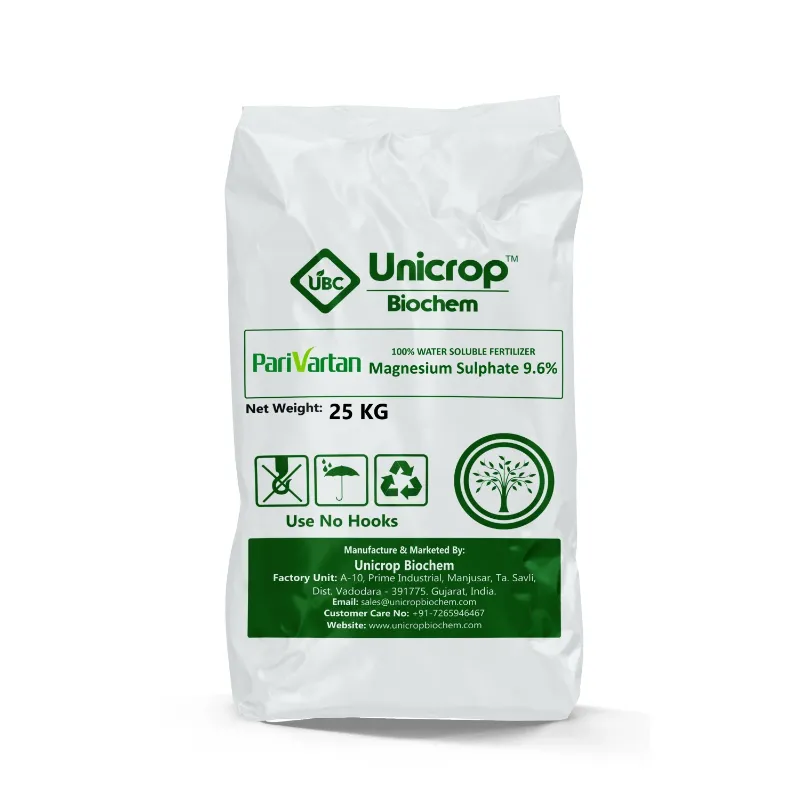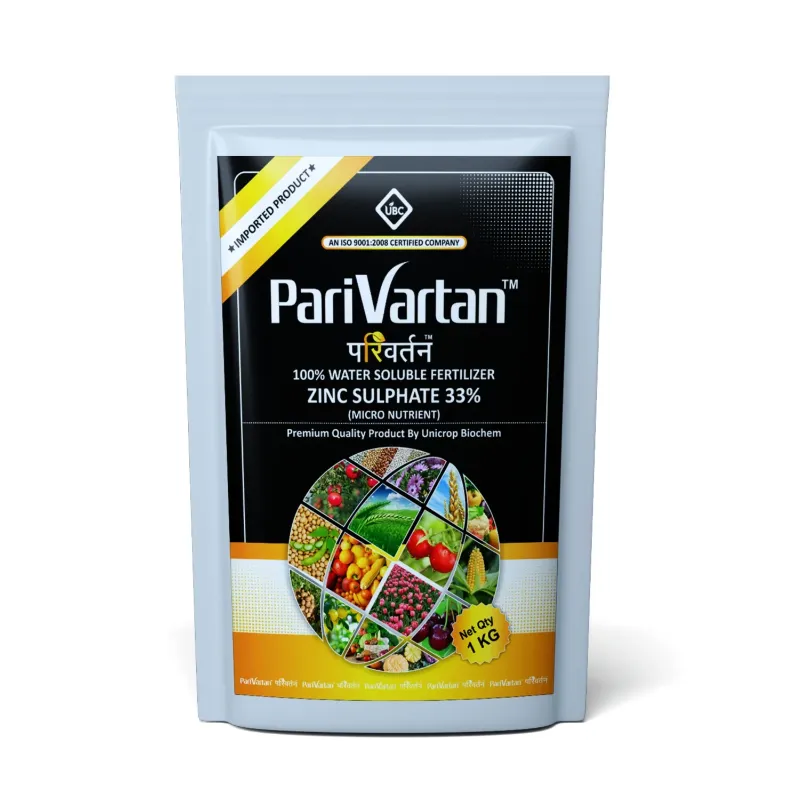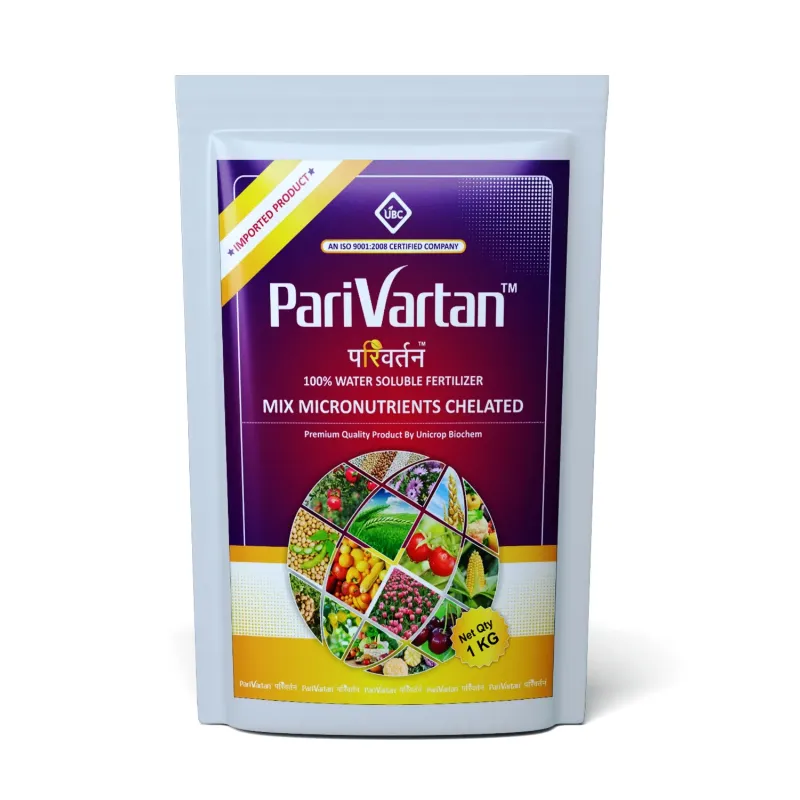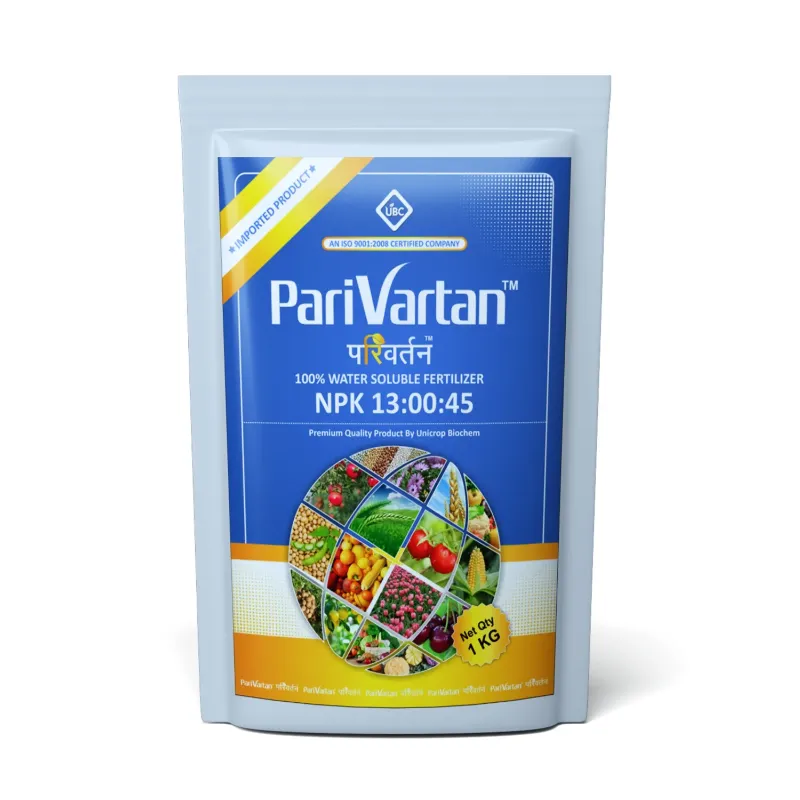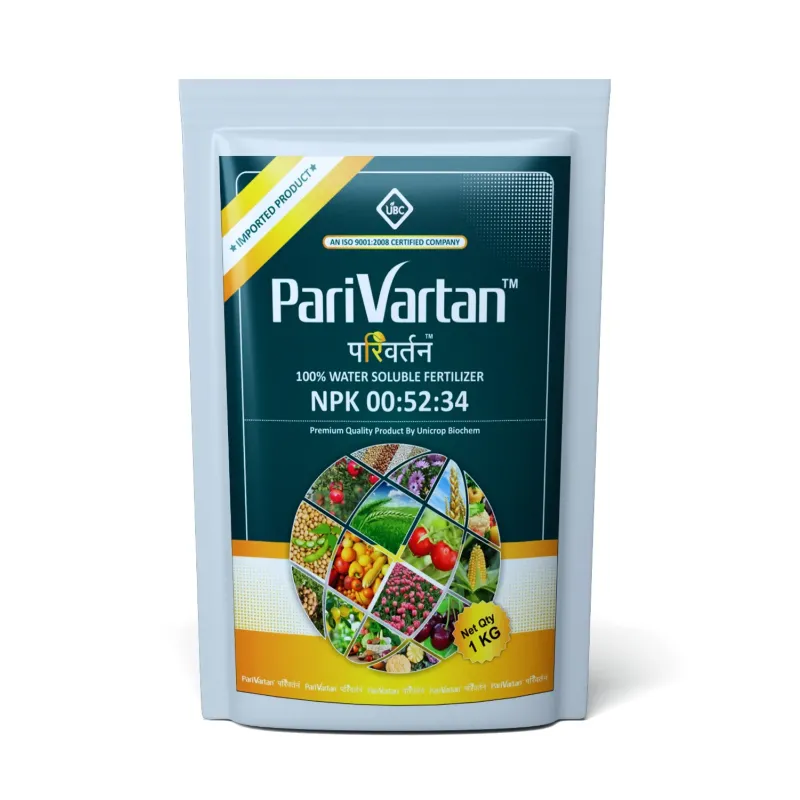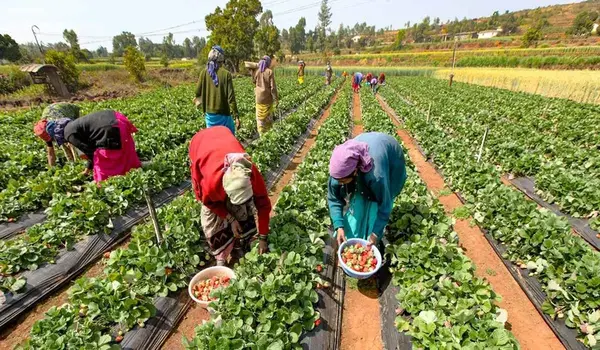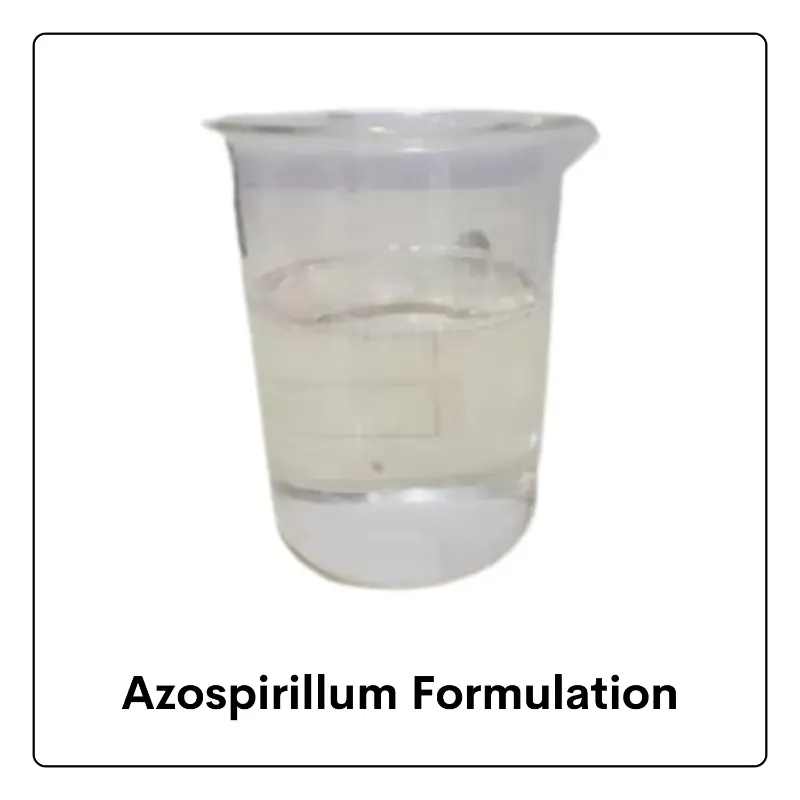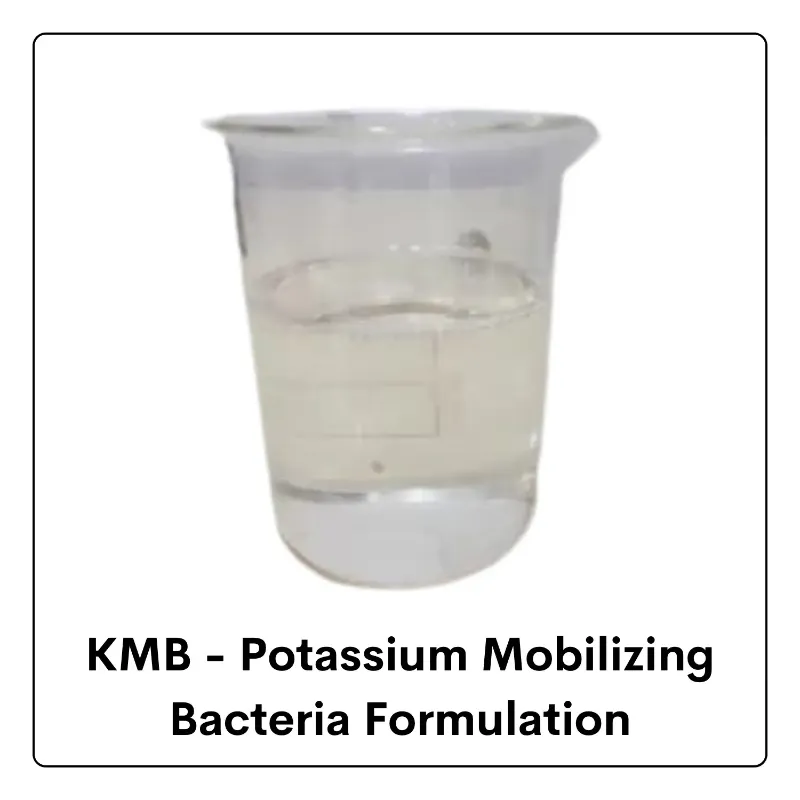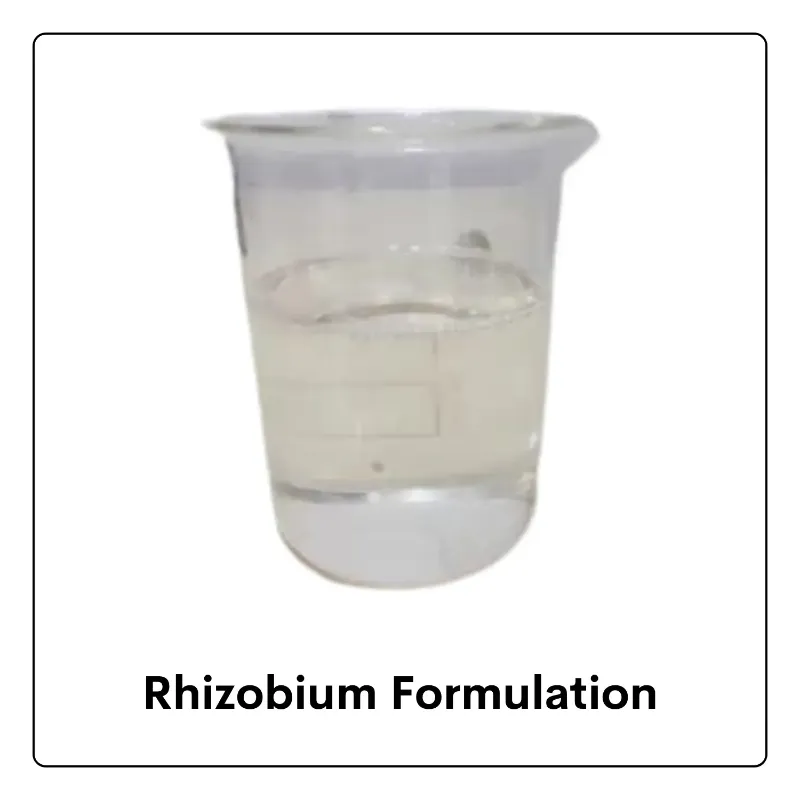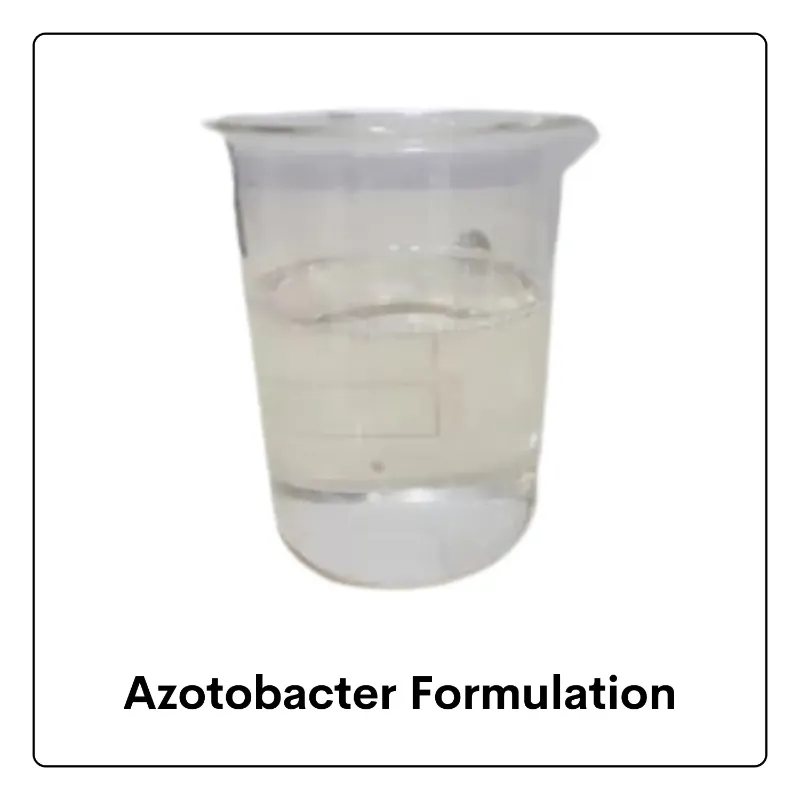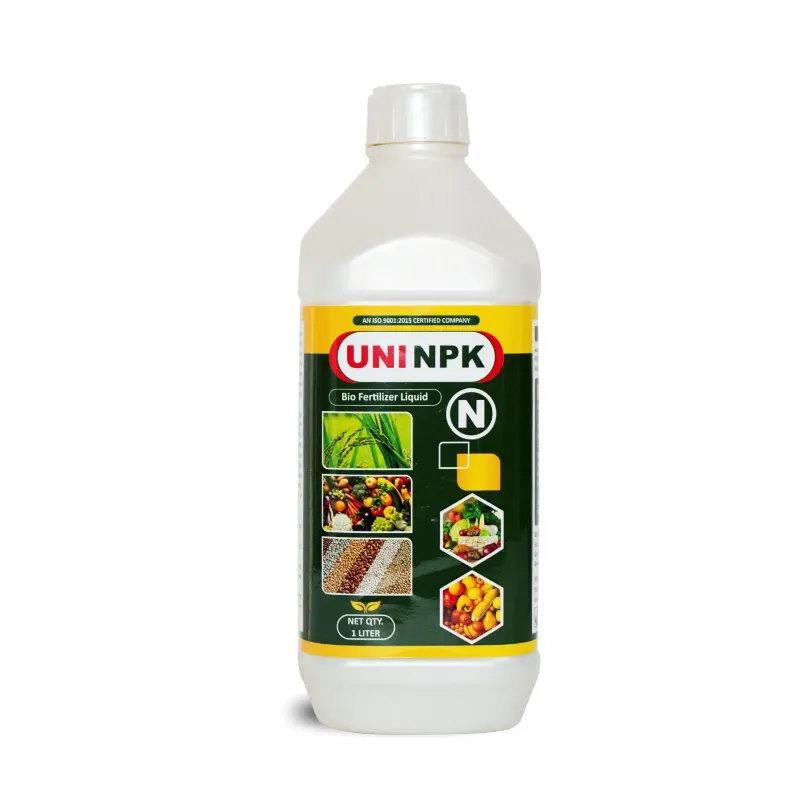Introduction:
Unicrop Biochem is dedicated to advancing sustainable agriculture through innovative solutions that address the complexities of organic farming. We provide a range of products designed to support organic practices and enhance crop health, promoting a more sustainable approach to agriculture.Organic farming presents unique challenges, including pest management, soil fertility, and crop yield. At Unicrop Biochem, our products are crafted to tackle these issues effectively. For example, our range includes specialized organic solutions that improve soil health, enhance plant resilience, and support sustainable pest control. By focusing on natural ingredients and environmentally friendly practices, our products offer practical solutions to the common challenges faced in organic farming. These solutions are designed to boost productivity while maintaining the ecological balance and adhering to organic standards.
Benefits of Organic Farming Products:
- Enhanced Soil Fertility:
- Organic products improve soil structure and nutrient content, promoting healthy plant growth and higher yields.
- Natural Pest Control:
- They provide effective, non-toxic pest management solutions, reducing the reliance on chemical pesticides.
- Improved Plant Resilience:
- Organic products support plant health, making them more resistant to diseases and environmental stressors.
- Sustainable Practices:
- They promote environmentally friendly farming practices that enhance biodiversity and reduce ecological footprints.
- Higher Crop Quality:
- Organic products contribute to better quality produce, often with superior taste and nutritional value.
- Reduced Chemical Use:
- They minimize the need for synthetic chemicals, contributing to a healthier ecosystem.
- Enhanced Water Retention:
- Organic products improve soil’s ability to retain moisture, reducing the need for frequent irrigation.
- Compliance with Organic Standards:
- They ensure that farming practices adhere to organic certification requirements, facilitating market access.
Challenges and Solutions in Organic Farming:
- Pest Management:
- Challenge: Organic farmers often struggle with pests due to the limited availability of chemical controls.
- Solution: Utilizing natural pest control methods, such as biological controls and organic-approved pesticides, can effectively manage pest populations.
- Soil Fertility:
- Consequently, maintaining soil fertility without synthetic fertilizers is a common issue.
- Incorporating organic matter, compost, and natural soil amendments can enhance soil health and, furthermore, improve fertility.
- Weed Control:
- Challenge: Organic farming faces difficulties with weed management due to the lack of herbicides.
- Therefore, implementing mulching, crop rotation, and mechanical weeding can control weed growth naturally.
- Yield Management:
- Challenge: Organic farms may experience lower yields compared to conventional farms.
- Unicrop Biochem, therefore, advances organic farming through innovative solutions for pest management, soil fertility, and sustainable crop health.
- Market Access:
- Challenge: Navigating the market and certification processes can be complex for organic farmers.
- Solution: Providing educational resources, certification support, and market access assistance can help farmers successfully enter and thrive in the organic market.
Conclusion:
Organic farming, while presenting certain challenges, offers numerous benefits that contribute to sustainable agriculture. By addressing issues such as pest management, soil fertility, and weed control with effective organic solutions, farmers can achieve healthier crops and improved yields. Products from Unicrop Biochem are designed to support these goals, helping farmers overcome the hurdles of organic farming while adhering to ecological principles. Embracing these solutions fosters a more sustainable farming approach, benefiting both the environment and the farming community. At Unicrop Biochem, we commit to providing the tools and support necessary for successful organic farming. Consequently, we drive progress towards a more sustainable agricultural future.
